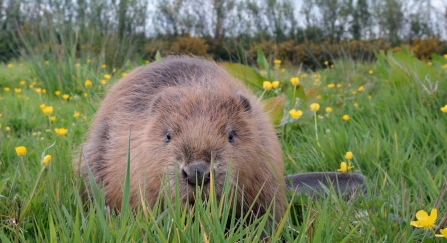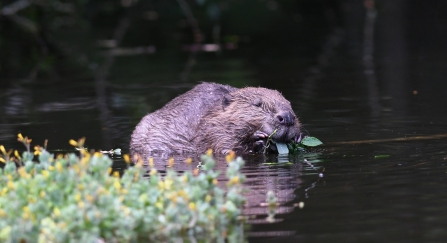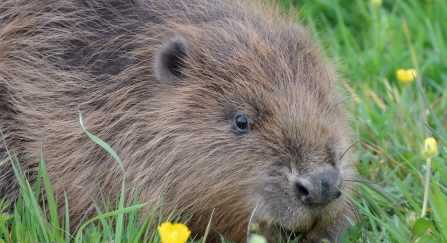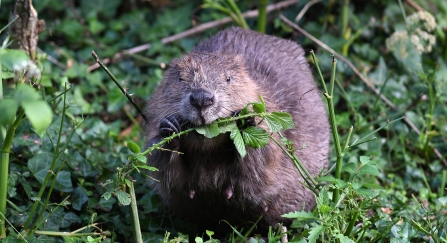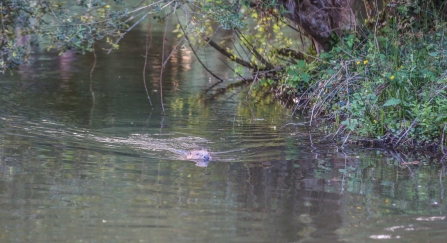Support a national beaver strategy
Beavers, and the landscapes they generate, can benefit both people and wildlife. We want the future for these amazing, native creatures and their next generations to be made as safe as possible.
The Government needs to know that you care about this too. Please back our call for a beaver strategy for England.


